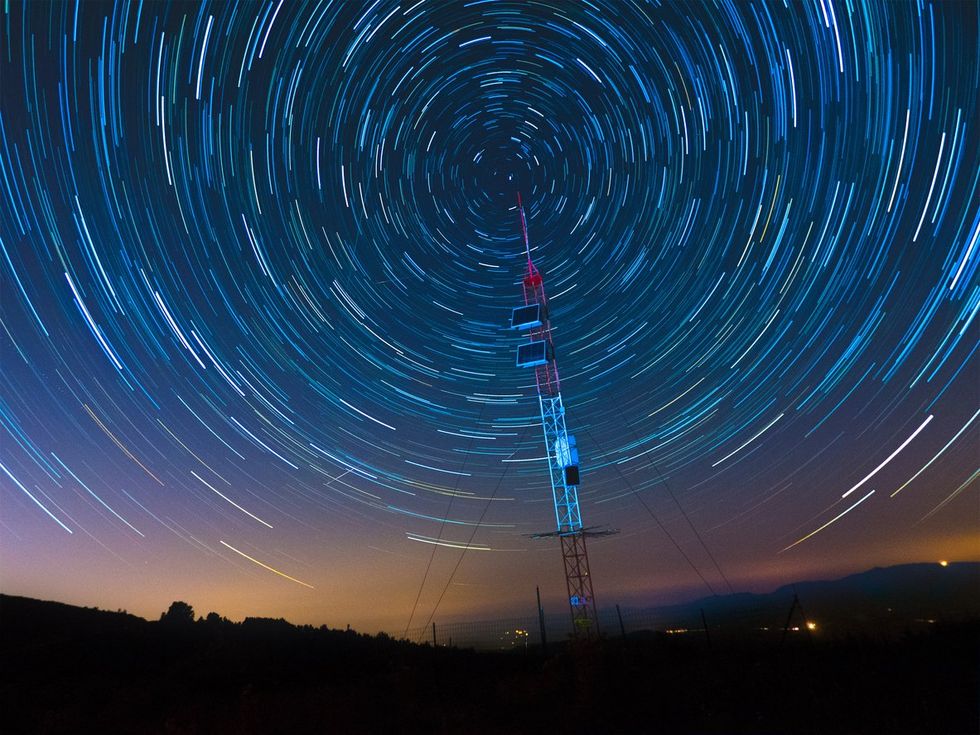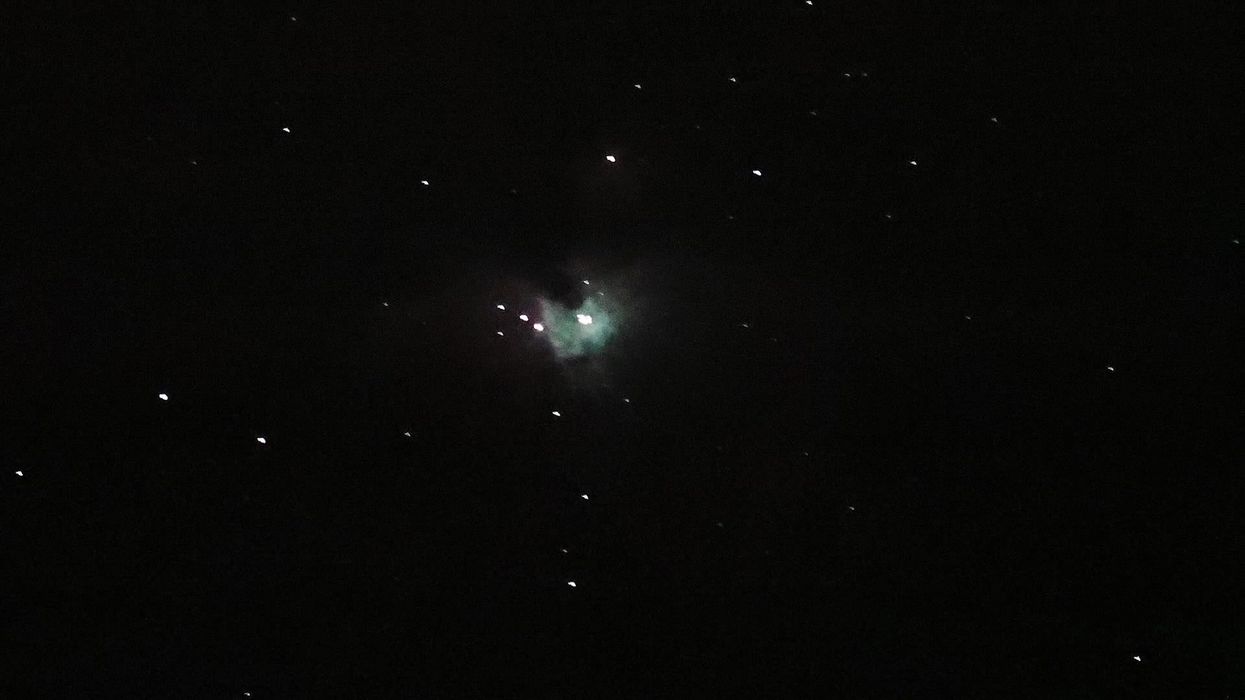Harry Fletcher
Jul 28, 2025
Scientists have received powerful ‘fast radio burst’ from the depths of the …
Getty
An eight billion-year-old radio signal containing extreme levels of energy has been discovered by astronomers.
According to the journal Science, a “fast radio burst” was recorded as lasting for just a millisecond.
The radio-frequency electromagnetic radiation was identified as FRB 20220610A, and it contained a truly staggering level of energy – releasing the same amount that the sun releases in 30 years.
As CNN reports, the true nature of these blasts can often be hard to determine, given that they last for such a short length of time.
It is believed, however, that they result from galaxies merging to create new stars.
Furthermore, they could also be 'weighed', in order to measure the mass of the elements in the universe which are found between galaxies and unaccounted for.
Coauthor Ryan Shannon said: “If we count up the amount of normal matter in the universe - the atoms that we are all made of - we find that more than half of what should be there today is missing.

“We think that the missing matter is hiding in the space between galaxies, but it may just be so hot and diffuse that it’s impossible to see using normal techniques.”
The huge signal was discovered using the Australian SKA Pathfinder radio telescope, before further observation was undertaken using a telescope in China – which was able to determine that the fast radio burst was the oldest and more remote example discovered to date.
It comes after scientists were left baffled following the discovery of a mysterious object which sends radio waves every 21 minutes earlier this year.
The really strange thing is, it’s been doing the same thing for 45 years and astronomers are still unsure about what it could be.
This article was originally published on 1 November 2023
Why not read...
Scientists discover brand new 24-foot sea monster species
Archaeologists discover lost 'Book Of The Dead' missing for thousands of years
Sign up for our free Indy100 weekly newsletter
Have your say in our news democracy. Click the upvote icon at the top of the page to help raise this article through the indy100 rankings
Top 100
The Conversation (0)














